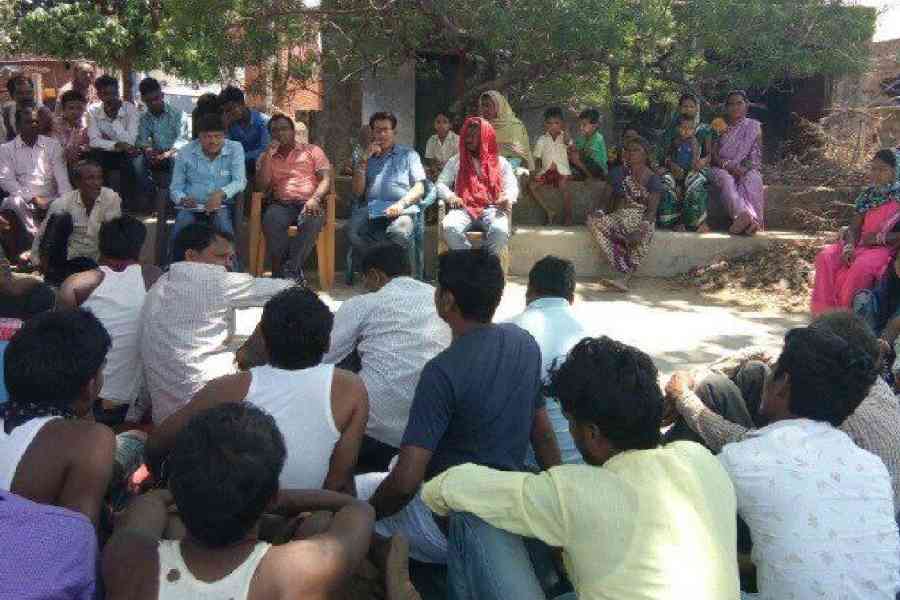A report by researchers at Cambridge University has revealed that people’s faith in democracy dwindles in the wake of political polarisation. This distrust rises when people are not heard by the system.
An effective dialogue between the State and its people help ameliorate the citizens’ distrust with the State apparatus and its agents. The model of open public hearing provides a propitious solution to the challenge of creating an institutional mechanism to establish this dialogue. It instils accountability in elected representatives and officials towards citizens and the State machinery. Furthermore, when various stakeholders of governance come together on a single platform, it facilitates greater deliberation between citizens and the State.
Open public hearings — jan sunvais — are not merely a medium for service delivery and grievance redressal; they represent the spirit of participatory democracy. Citizens engage and come up with solutions while the administration is given feedback about the roadblocks to the implementation of government schemes.
The idea of open public hearing had been conceptualised as a guaranteed right for the first time in Rajasthan by way of the enactment of the Rajasthan Right to Hearing Act, 2012. We need an act along similar lines to be enacted at the Centre. However, the present statute of Rajasthan needs to be strengthened with amendments. Section 4 of the Act specifies that the opportunity to be heard shall be provided to a person contingent upon his/her filing of an application for the same. It should be obligatory for designated public officials to hold a stipulated number of open public hearings within their jurisdiction. Section 3 of the Act talks about notification with regard to designated ‘public hearing officer’. These public hearing officers should be legally mandated by the Act to conduct a stipulated number of open public hearings in the form of jan sunvais. The Act also needs to provide for the institution of an ombudsman at district and state levels to serve as a regulatory authority. Every designated public hearing officer would need to submit a report on his compliance with the provisions of the Act and the ombudsman should be authorised to levy penalties on officers who are not complying with the mandatory requirement to hold open public hearings and provide time-bound redressal.
Open public hearing can also effectuate the institutionalisation of social auditing, facilitating citizen-driven examination or auditing of government welfare and development schemes to assess their impact.
Organisations like the Mazdoor Kisan Shakti Sangathan have played an active role in leading movements to bring about accountability and transparency in governance. The enactment of the Right to Information Act, 2005 reaffirms the role of these civil society organisations in building political capacity among the masses. The legal aid clinics of law schools across India can play a similar role. Section 4(k) of the National Legal Services Act, 1987 envisions the establishment and functioning of “legal services clinics in universities, law colleges and other institutions”. The functions of these clinics have not been elaborated under the Act. But they are involved in providing pro-bono services to create awareness on legal issues. With a robust system of open public hearing in place, these clinics can act as a driver to ensure active participation from the people and uphold the principle of restorative justice.
Pooja Rajawat is the Deputy Convenor of the Legal Aid and Awareness Committee, National Law University, Jodhpur. Jayam Jha is a student at the National Law University, Jodhpur










